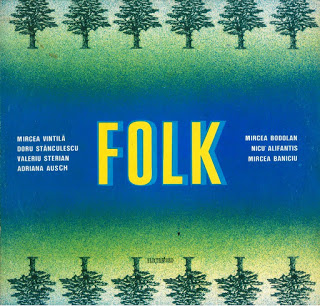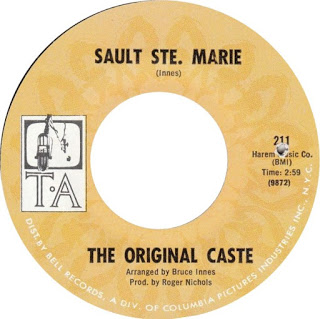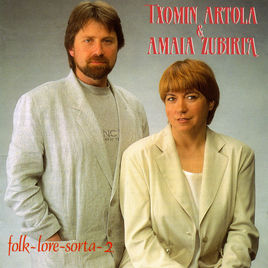
“La Seceriș” (1978) – Mircea Baniciu * Written by Petre Ghelmez and Mircea Baniciu * LP: Folk * Label: Electrecord
Among the pastoral beauties on this 1978 Romanian compilation is one by Mircea Baniciu, called “La Seceriș” (the harvest). The song captures him freshly abandoned by his former bandmates, who one day played with him as national favorites Phoenix, and the next day smuggled themselves out of their increasingly austere homeland. You listen and get the feeling that all Baniciu could do with this new development was to contemplate the fruits of the earth. Romanian music fans, though, would buoy him up and celebrate him to the present day. The lyricist Petre Ghelmez was a prolific Romanian poet and children’s author.









